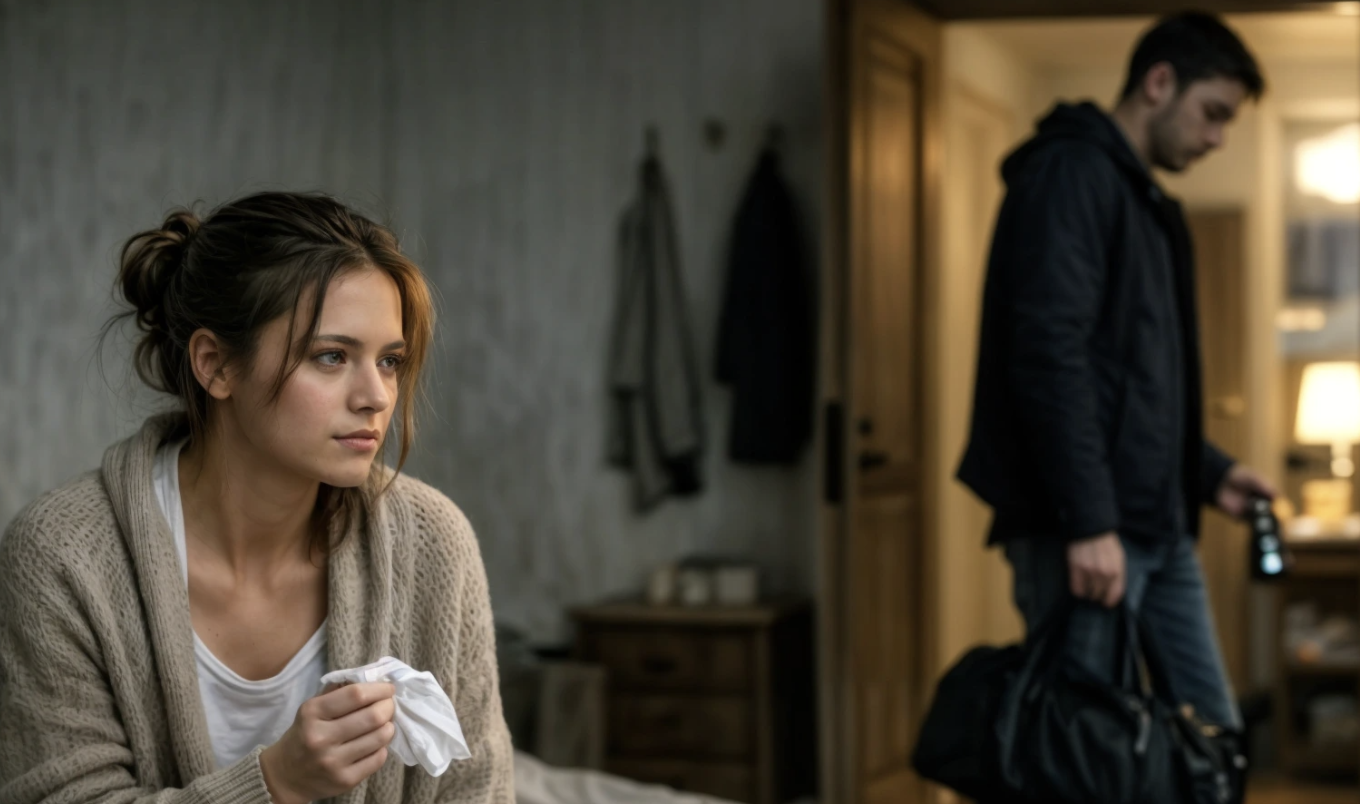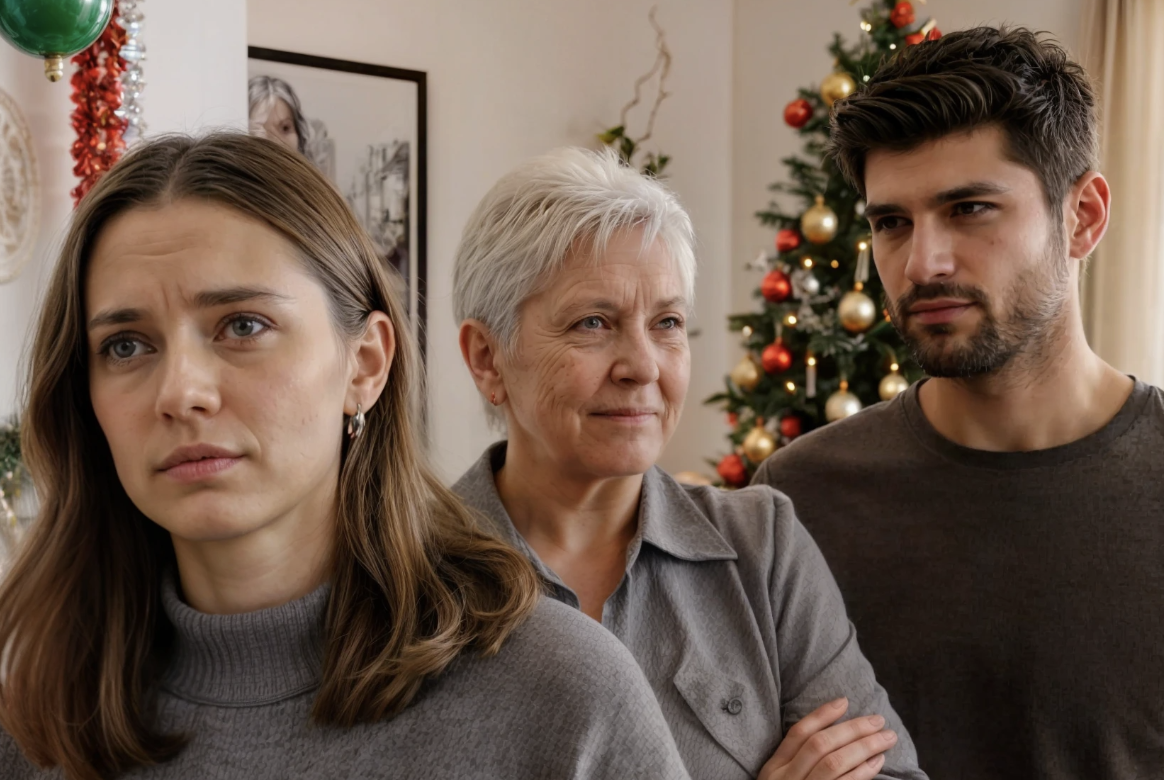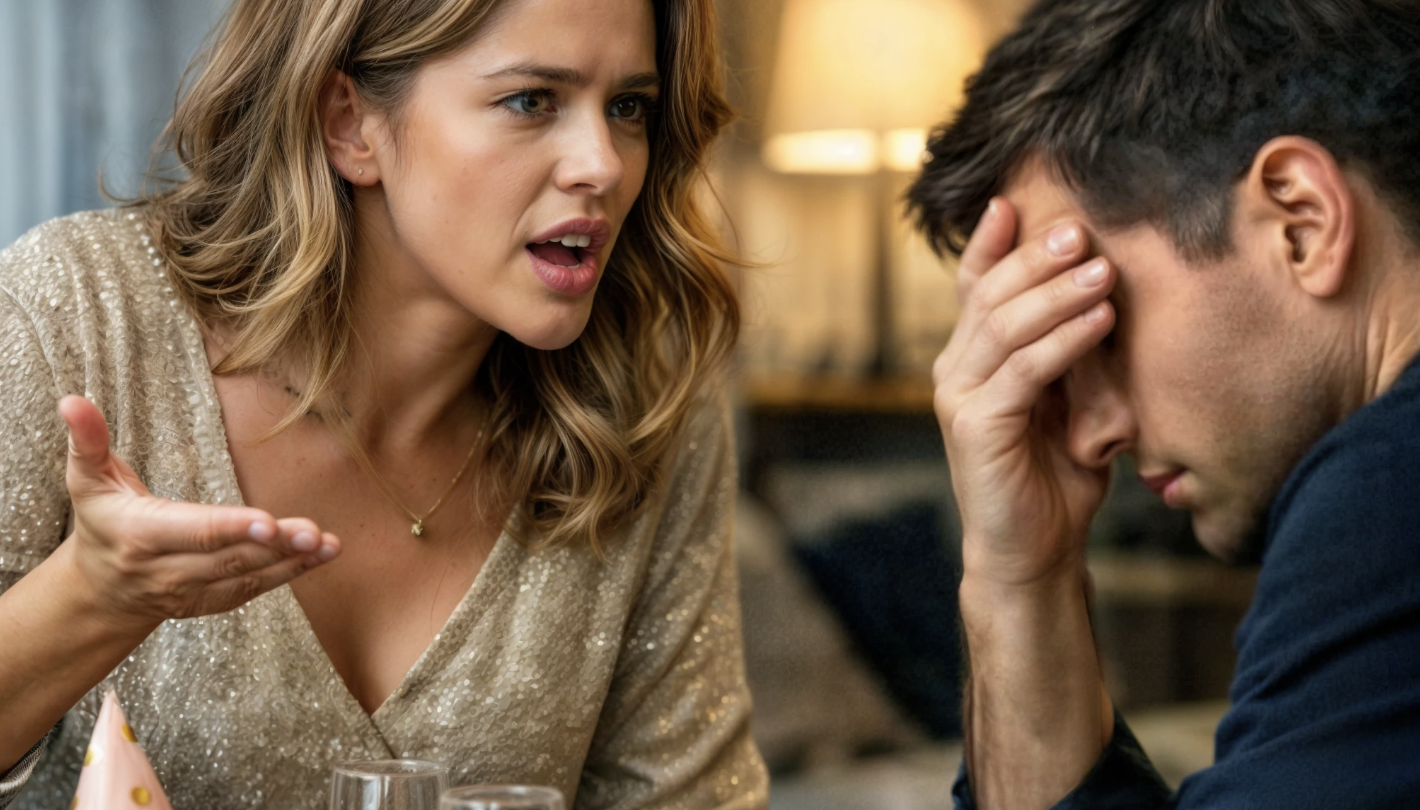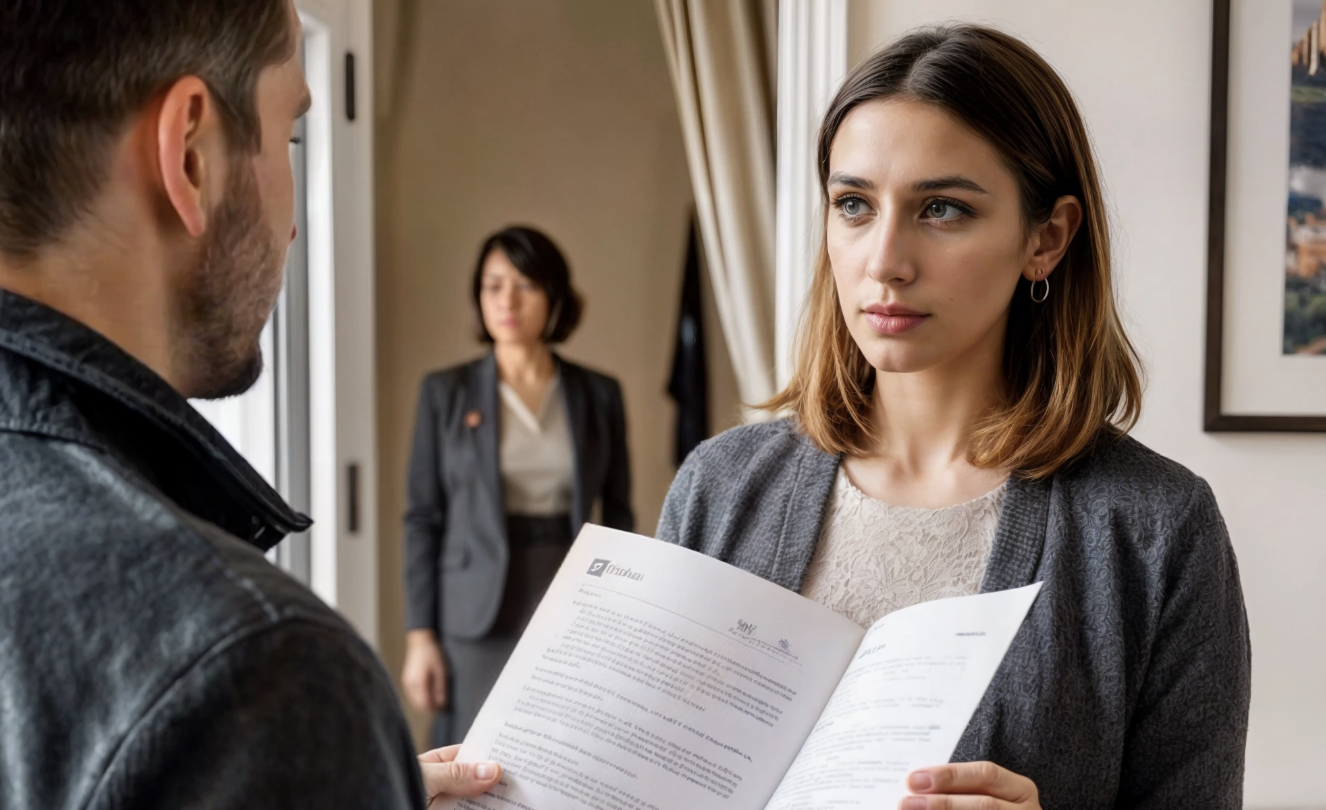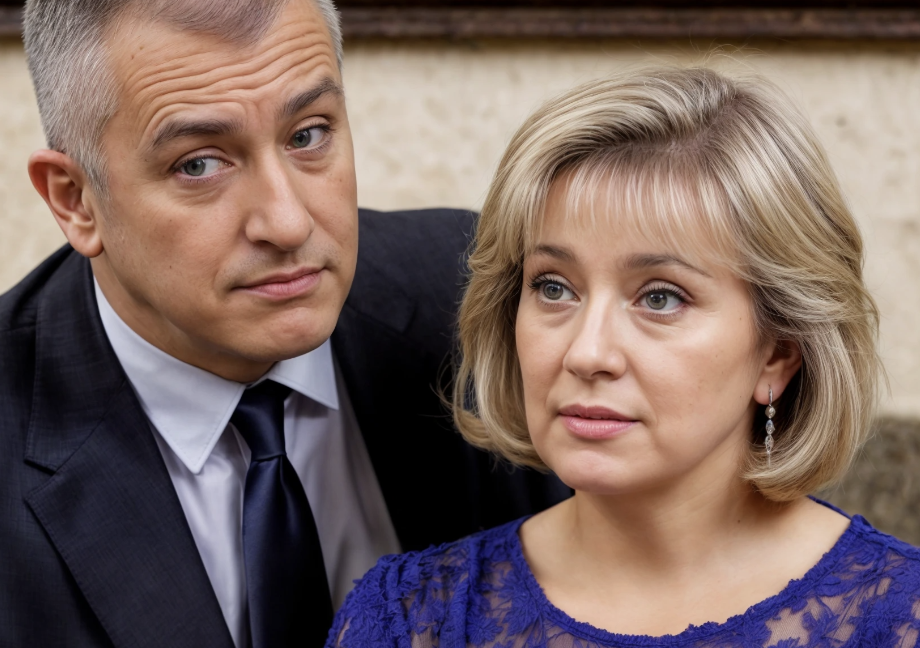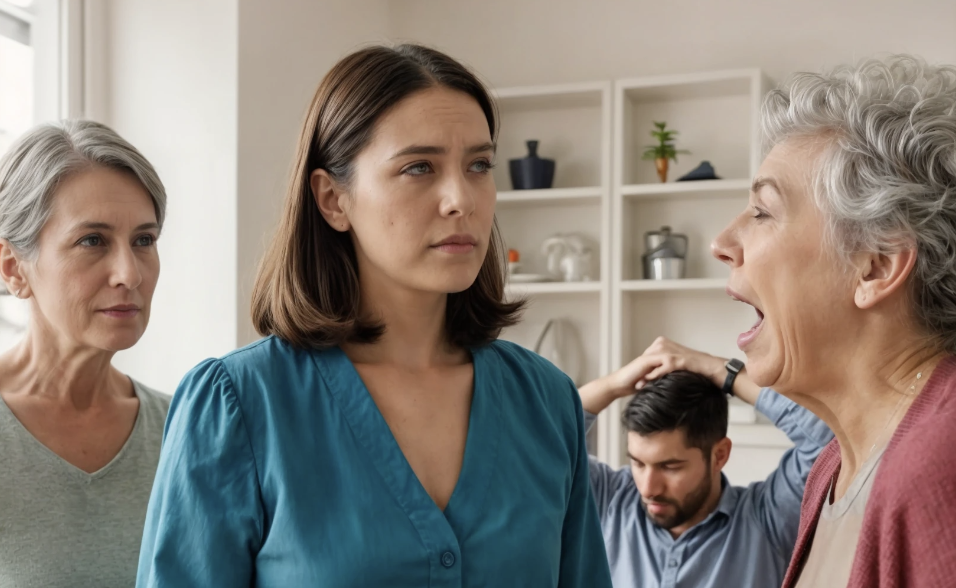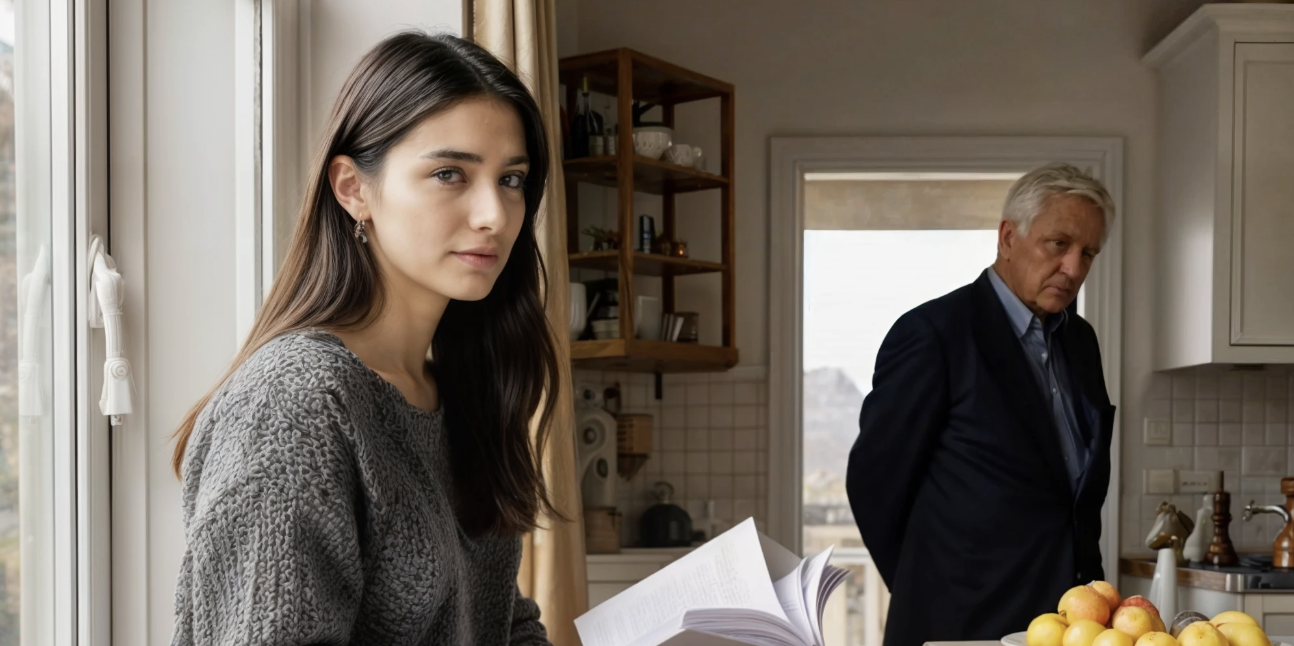So while I was lying there with a forty-degree fever, you couldn’t even pour me a cup of tea—but the moment your mother sneezed, you tore across the whole city to bring her medicine? Fine.
“Andrew, please bring me some water…” Marina’s voice sounded чужим—dry and brittle, like last year’s leaves. It barely pushed through the cottony blanket that had covered her completely. Her body had turned into one solid, aching clot of pain. Everything throbbed—from her fingertips to the roots of her hair. Her skin burned, but underneath … Read more
